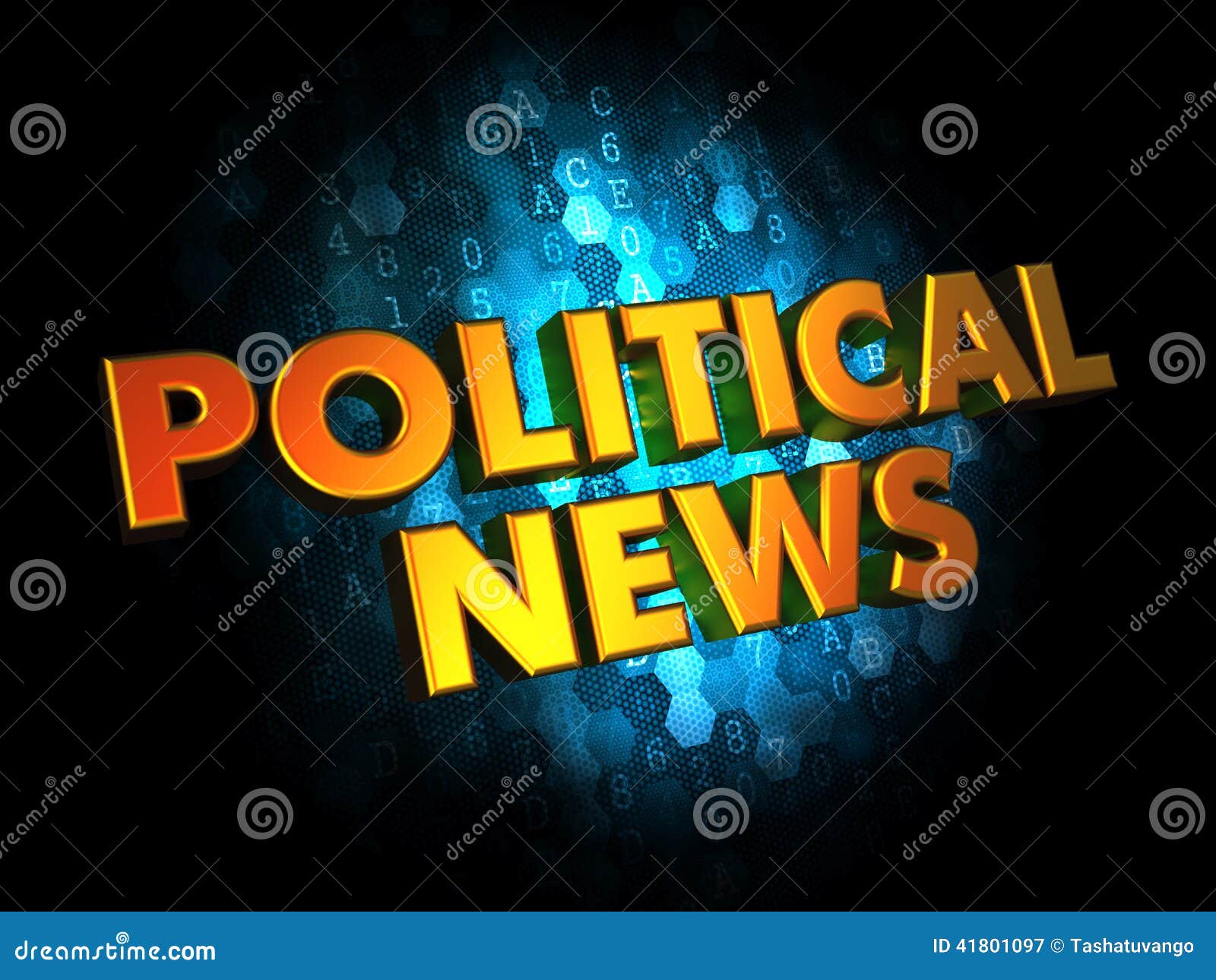Steering through Political Turbulence: Expert Insights

Political news is exceptionally dynamic and volatile as never before, with new developments surfacing frequently that shape the realm of governance and cultural norms. As we move deeper into a critical election cycle, the environment is marked by the rise of third-party candidates, unpredictable alliances within Congress, and a youthful voter base poised to make their voices heard. This article explores the present political upheaval, providing insights from experts on key issues affecting the nation.
From the impending 2025 election countdown to discussions about the health of democracy, we delve into the noteworthy subjects that are engaging both legislators and citizens alike. We examine power plays in Washington, investigate the implications of the upcoming Supreme Court rulings, and analyze the shifting dynamics of foreign policy. Amid increasing difficulties, such as fake news and district manipulation, we will illuminate how these factors influence public sentiment and political tactics. Come with us as we analyze these critical issues and reflect on the direction of politics in America.
The Rise of Nonpartisan Voters and Young Electorate
The political landscape in the U.S. is witnessing a remarkable shift with the rise of non-affiliated voters. This demographic is increasingly rejecting established political parties, seeking alternatives that resonate more with their beliefs and issues. This movement is creating a new political era where independent voters play a key role in determining election results, compelling both dominant political parties to reconsider their strategies and messaging. As more voters align with independent ideologies, candidates are pressured to confront issues beyond party lines, leading to a potential realignment of policy focus.
Among the independent electorate, the youth vote emerges as a significant force that could impact the 2025 vote. Youth, often driven by progressive ideals and a drive for systemic change, are mobilizing in unprecedented numbers. Their engagement in the political process, driven by issues such as environmental issues, equity, and economic equality, presents a challenge to established political conventions. If effectively engaged, the young electorate can transform the narrative leading into the vote, signaling that the next era of American politics may lean towards a more diverse and diverse representation.
The merging of rising independents and the energized youth vote poses both opportunities and challenges for existing political parties. Political candidates must adapt to this evolving voter base by enhancing their messages on critical topics and establishing real relationships with these voters. As the 2025 election countdown, understanding the nuances of this new political landscape is crucial for any candidate aiming to win over the hearts and minds of Americans seeking change.
Power Relations and Leadership Issues
As the governmental landscape changes, the rise of nonpartisan candidates is transforming traditional power dynamics in Washington. Many citizens are demonstrating discontent with both established parties, leading to a increased interest in candidates outside the GOP and Democratic Party establishments. This transformation could usher in a new governing era where independent voices influence policy and election outcomes, questioning the status quo that has dominated American politics for decades.
The upcoming two thousand twenty-five election is marked by increased competition, with a focus on critical topics that strike a chord with constituents. As https://politicalpotatoes.substack.com/ begins, candidates are planning to secure the millennial vote, a demographic increasingly recognized as a game changer. Their engagement in the electoral process could redefine priorities, forcing long-serving politicians to address neglected concerns like environmental issues, equity, and economic inequality.
Governance difficulties persist as new coalitions form within Congress, resulting in unexpected collaborations that could either promote progress or obscure negotiations. The emergence of these unexpected allies reflects a sophisticated understanding of the need for compromise, although questions about the longevity of political unity remain. As foreign interference fears appear again and the impact of false information continues to grow, leaders must navigate a complex environment where confidence in political processes hangs in the balance.
Electoral Integrity and Government Misinformation
As we approach the upcoming elections, the emphasis on electoral integrity has intensified. Worries about the reliability of balloting systems, possible outside interference, and the validity of mail-in votes are at the forefront of public discourse. Specialists warn that without strong safeguards, the confidence in voting systems could diminish, resulting in indifference and disillusionment among the electorate. Guaranteeing voting transparency and safeguarding against deceptive tactics are essential for upholding democracy and fostering civic participation.

Political misinformation remains a formidable obstacle, particularly with the swift spread of false narratives across social media sites. False information campaigns can skew how the public views things and affect electorate behavior considerably. The increase of "false news" around key issues and political figures makes difficult efforts to educate the electorate. Combatting this phenomenon requires coordinated efforts from tech companies, policymakers, and civic organizations to promote media literacy and fact-checking initiatives while holding offenders responsible.
As the political landscape evolves, the integrity of elections will be closely scrutinized. With increased alertness, voters are becoming more vigilant about the data they receive. Organizations promoting transparency and free discussion will play critical roles in reinforcing trust among the public. Ultimately, nurturing an educated electorate is vital for the health of the democratic system, ensuring that alternative viewpoints and fresh concepts can arise without the overshadowing gloom of false information.
